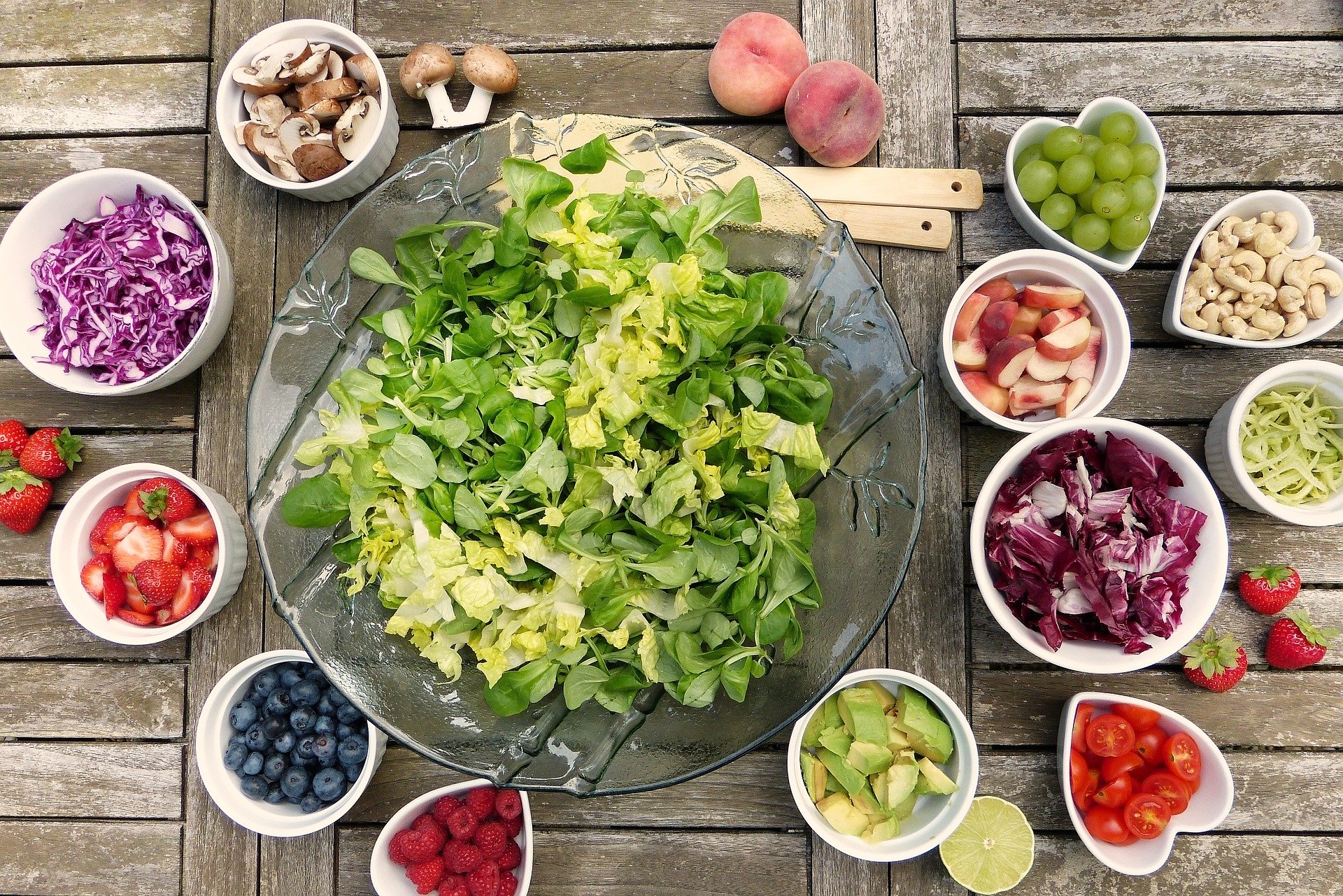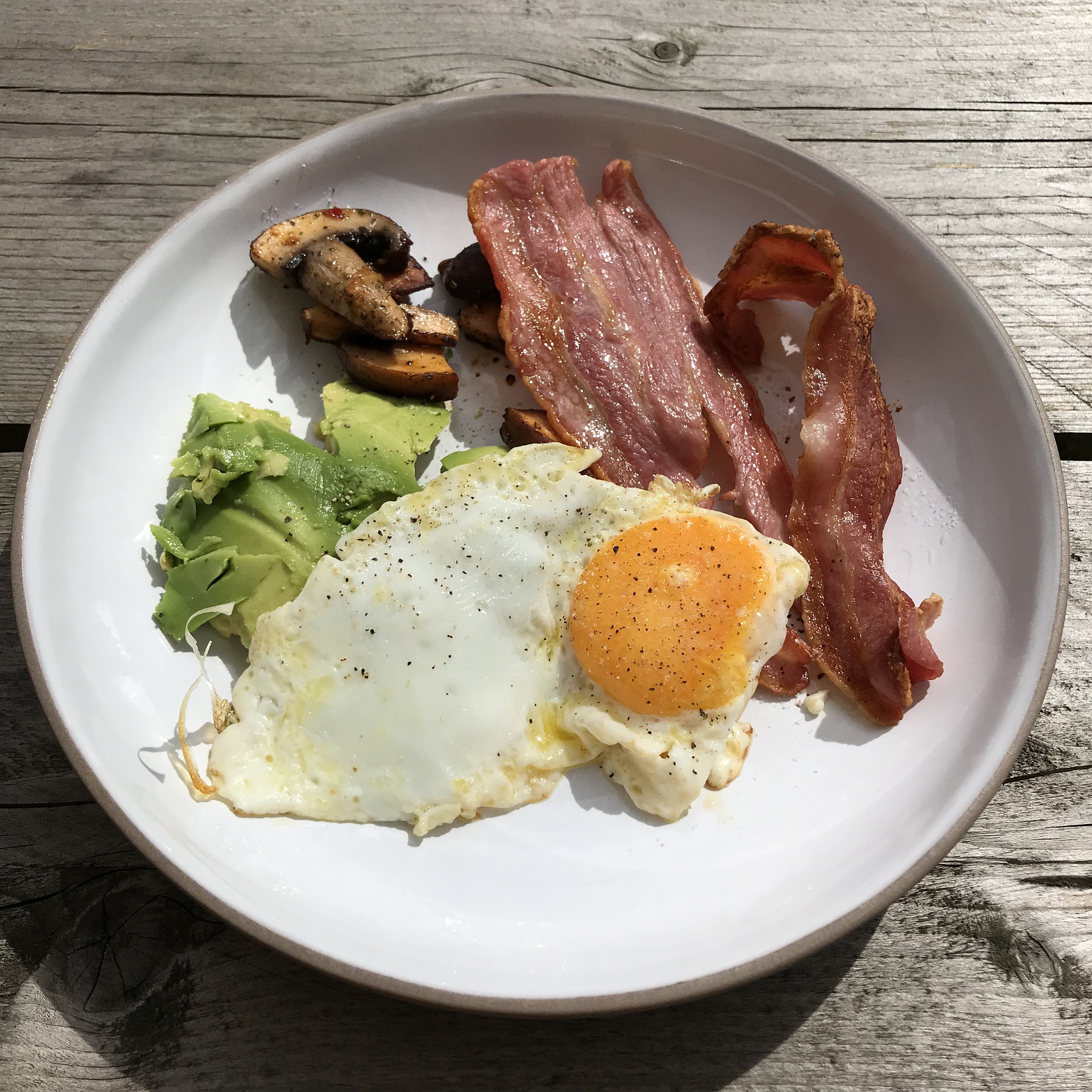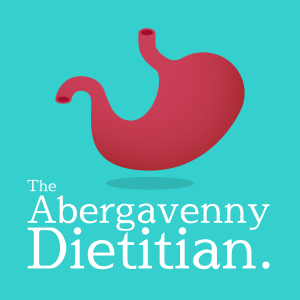I get asked this a lot. Of course, the first question is, “well – what do you want to achieve?!” But, most people are asking for a diet either in the context of losing some weight or just wanting to be as healthy as they can.
It is really important to realise that the information discussed in this article is for those with no specific medical conditions. If you have a condition such as diabetes, liver disease or any sort of bowel issue, or if you are very underweight, then there may be very good reasons why you shouldn’t be trying to follow basic healthy eating advice. I would strongly suggest that you ask your GP if they can refer you to a Registered Dietitian, or find your own here. Note that only registered dietitians have received training in specific medical conditions.
What diet do you advise for the average person?
People have become confused by the wealth of different options out there. Should I be following a plant-based diet? What about a low-fat diet … is low-carb better? Are those meal replacement drinks good? What about Weight-Watchers, or Slimming World? My friend lost a load of weight on keto …… and I’ve heard intermittent fasting is good for all sorts of things ….. ??!
You won’t be surprised to hear that there is no one easy answer! Let’s have a closer look at a few of these examples:
#1: Plant-based

There are many benefits – both for the body and for the environment – of a plant-based diet, and I’m as keen as anyone that we should all be including more vegetables in our diet on a daily basis.
However, as I mentioned in a post earlier this year, just cutting animal products out of the diet does not necessarily make it healthy and certainly doesn’t make it lower-calorie!
For example, coconut oil, cheese and nuts are all high-fat (and therefore high-calorie) foods. Many plant-based “treat foods” also contain lots of sugar in the form of date syrup, coconut sugar etc. A nut/cheese-based vegetarian burger and a soya dessert is likely to contain MORE calories than a chicken breast and a standard low-fat yogurt, just as an example.
A plant-based diet can be healthy, well-balanced and provide you with all the nutrients that you need – but you are going to have to be prepared put some work into the planning https://www.bda.uk.com/resource/plant-based-diet.html.
#2: Low-carb

Carbohydrates (starchy foods such as rice, pasta, bread, breakfast cereals and potatoes) still seem to be the bad guys of the nutrition world for a lot of people. Consequently, people cut them out of the diet and substitute them with other foods (high protein diets and high-fat, low-carb diets are often fashionable).
There are several problems with this:
- Carbohydrates and proteins both contain around 4 kcals per gram, so switching from one food group to another will not result in a reduction in kcals. Yes – protein will keep you feeling fuller for longer than sugary foods but this problem is avoided if you choose whole-grain carbohydrates such as granary bread, wholemeal pasta and whole oats.
- Fats contain 9 kcals per gram, so choosing fats over carbohydrates will result in a higher-kcal diet overall.
- Excluding carbohydrates often means that we miss out on important fibre and “B” vitamins, as well as struggle to keep our blood sugar levels stable.
In fact, both carbohydrate and fat are important nutrients in our diet and both should be included in reasonable amounts (serve a carbohydrate portion the size of your fist; a portion of fat should be the size of the top of your thumb).
#3: Keto (the ketogenic diet)

The diet calls for consuming a high proportion of fat, a moderate one of protein, and a very limited amount of carbs. After you follow the diet for a few days, your body enters ketosis, which means it has started to use fat for energy.
The diet is very restrictive and excludes foods usually seen as healthy such as whole grains, milk and many whole fruits. The keto diet has only one proven health benefit – reducing epileptic seizures in children (and in fact, doctors have been using keto therapeutically for this purpose since the 1920s). Most of the other purported health benefits of the keto diet are based on animal studies or very small human studies.
Many people do find that they lose weight on a ketogenic diet, at least in the short term. However – it is extremely difficult to stick to (in fact one review found that only 45% of people managed to stick to it, even when they were doing this to try to control their epilepsy!). It’s also common for people starting the diet to experience flu-like symptoms, such as headaches and fatigue (mainly due to dehydration).
Other potential, and longer-term risks include kidney stones, gut issues, several vitamin and mineral deficiencies, decreased bone mineral density and the fact that we just don’t know yet about the long-term safety of following a high-fat diet (particularly one that may be high in saturated fat).
#4: Commercial Slimming groups (e.g. Weight Watchers or Slimming World)

Groups such as Weight Watchers or Slimming World can be an excellent source of support and motivation, with frequent meetings and the chance to exchange tips and recipes with fellow slimmers. The plans are based on healthy eating, and so can help to educate people about which foods best fit into a healthy lifestyle. However, plans usually have some foods which are “unlimited”, and these can still lead to weight-gain if eaten in excess.
#5: Meal replacement drinks

Meal replacement shakes, bars, soups etc can be effective at helping some people lose weight, especially as a “kick-start”. The products take the guesswork out of portion control and calorie counting and this can be a real relief for those who have struggled for a long time to diet on their own.
However, on their own, these diets do little to educate people about their eating habits and change their behaviour, and so there is a real risk of putting the weight back on again once you stop using the products. Furthermore, surviving on a strict diet of shakes, soups and other meal replacements isn’t much fun and can feel socially isolating.
It is probably a lot better to invest a little time in learning more about how to use real foods to help you to achieve your goals – especially if you are trying to influence other members of a household as well.
#6: Intermittent fasting

There are various versions of intermittent fasting (IF), such as having a very restricted calorie intake on a couple of days a week, or eating all of your day’s food within a “window” (for example, 8 hours, and then drinking only water for the remaining 16 hours).
Various studies have showed IF to be effective for weight loss, and some have also linked IF with other benefits such as a reduced risk of some chronic disease and an extended lifespan. However, this is still a very new area of research – some of these studies have only been done with animals, and all findings are still inconclusive. If you do try this, it is really important to plan your meals carefully so that the food you do eat is of high nutritional value – starchy carbohydrates, healthy fats, plenty of fibre, vitamins and minerals.
If you really struggle to go a long time without eating, and know that this is going to affect your mood and performance, then it’s probably not worth putting yourself through this!
Conclusion: One diet does not fit all
Although the government guidance has tended to sit with the “three balanced meals every day”, based on the Eatwell Guide I have come to believe that there is more than one way to skin a cat (pardon the expression). It cannot be a case of one size fits all, as we are all different in our tastes and habits. There are just a few really important things to remember:
- Cover all bases. However many meals you eat in a day, you need to somehow obtain enough calories, macronutrients and micronutrients for your body’s needs.
- Eat Diverse.. Eating a wider variety of foods is likely to correspond to better health.
- Sustainability is key! It is no good choosing a regimen that doesn’t work for you so you can only stick at it for a few days at a time
- Enjoy your food. Choosing a regimen that means you are constantly denying yourself things means you are more likely to develop an unhealthy relationship with food.
So – choose a sensible, sustainable and balanced way of eating, stick with it for 80-90% of the time, get some exercise and ENJOY YOUR FOOD ?


